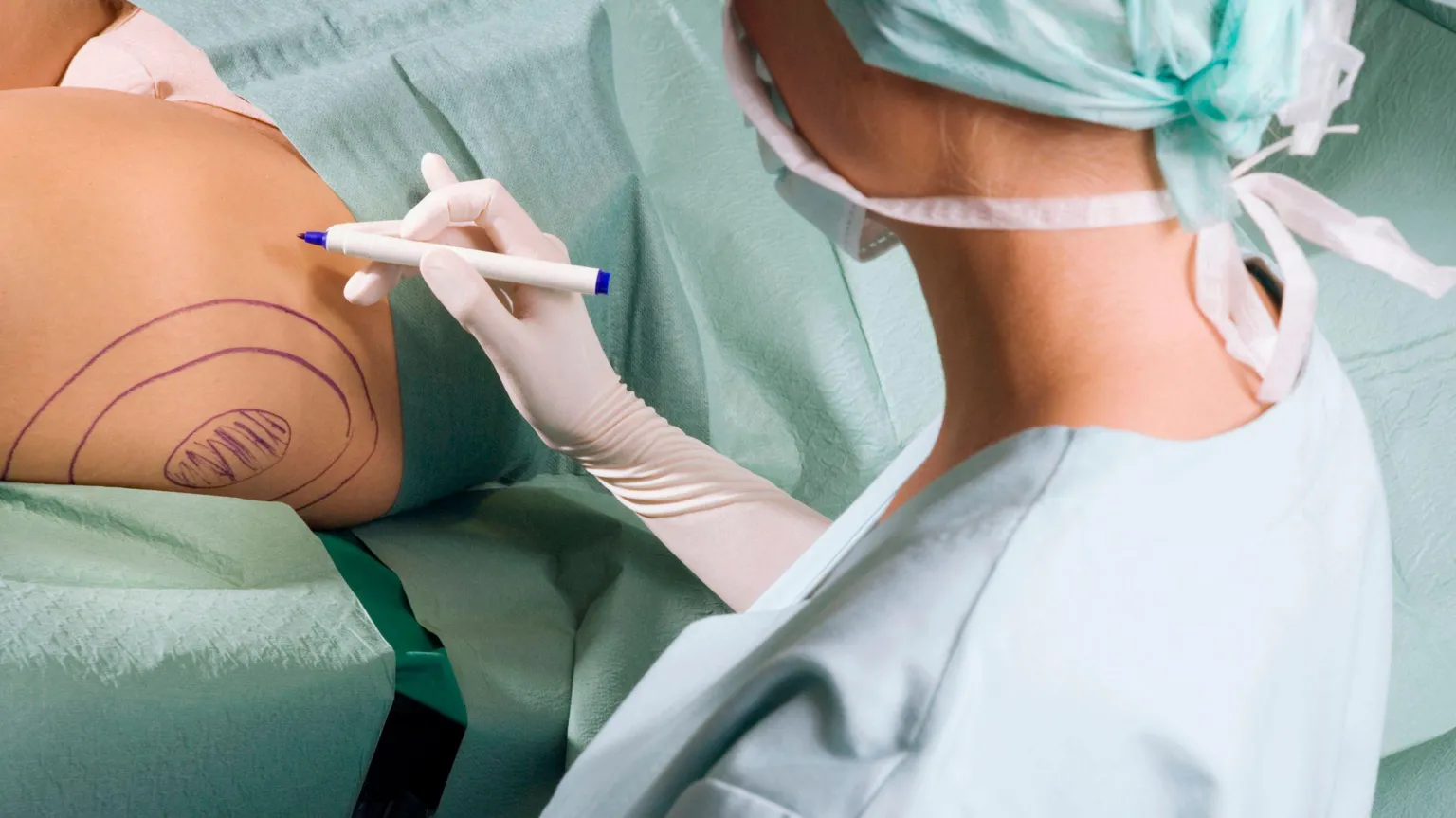While liposuction surgery in Riyadh offers access to advanced technology and experienced surgeons, like any surgical procedure, it carries inherent risks. Understanding these risks and the safety measures in place is paramount for anyone considering the procedure.

General Risks Associated with Liposuction:
- Anesthesia Risks: All surgical procedures involve some risk related to anesthesia, whether local with sedation or general anesthesia. These can include allergic reactions, breathing problems, nausea, vomiting, sore throat (from intubation), muscle aches, and, in rare cases, more severe complications like malignant hyperthermia.
- Bleeding and Hematoma: While efforts are made to minimize blood loss, some bleeding is expected. In rare cases, a hematoma (a collection of blood under the skin) may form, which might require drainage.
- Infection: Although uncommon, infections can occur at the incision sites. Strict sterile techniques are crucial to prevent this. Signs of infection include redness, swelling, pain, fever, chills, or pus drainage.
- Swelling and Bruising: These are common and expected side effects that can persist for several weeks or even months. Compression garments are used to help minimize them.
- Contour Irregularities and Asymmetry: Uneven fat removal, poor skin elasticity, or unusual healing can lead to bumpy, wavy, or asymmetrical results. These may be permanent and, in some cases, might require revision surgery.
- Numbness or Changes in Skin Sensation: Temporary or, rarely, permanent numbness or altered sensation (tingling, pain) can occur in the treated areas due to nerve irritation or damage.
- Fluid Accumulation (Seroma): Pockets of fluid can form under the skin, requiring drainage with a needle.
- Scarring: While incisions are typically small and well-hidden, some scarring is inevitable. In rare cases, scars can be more noticeable, hypertrophic (raised and red), or even keloid (extending beyond the original incision).
- Skin Discoloration: The treated area may experience temporary or permanent changes in skin color, appearing either lighter or darker than the surrounding skin.
- Internal Puncture: Although extremely rare, the cannula used for fat removal could accidentally puncture an internal organ (e.g., bowel, lung). This is a serious complication requiring emergency surgery.
- Fat Embolism: A rare but life-threatening complication where pieces of fat break away and enter the bloodstream, potentially traveling to the lungs (pulmonary embolism) or brain.
- Kidney and Heart Problems: When very large volumes of fat are removed, significant fluid shifts can occur, potentially leading to serious kidney, heart, or lung problems.
- Lidocaine Toxicity: Lidocaine is often part of the tumescent solution used in liposuction. If absorbed in excessive amounts, it can lead to lidocaine toxicity, affecting the heart and central nervous system.
Safety Standards in Riyadh's Medical Facilities:
Riyadh, as a growing hub for medical tourism, places an emphasis on patient safety within its healthcare system.
- Accreditation and Regulation: Reputable clinics and hospitals in Riyadh often adhere to international patient safety standards and may hold local or international accreditations. The Saudi Patient Safety Center (SPSC) has developed comprehensive Patient Safety Standards (PSS) that combine global best practices with local applicability. These standards cover various domains of patient safety, including quality tools, leadership commitment, safety culture, workforce safety, training, and patient and family engagement.
- Qualified Professionals: There's a strong emphasis on board-certified plastic surgeons with extensive training and experience. The ethical guidelines for plastic surgeons in Saudi Arabia also highlight the importance of informed consent, managing patient expectations, and dealing with complications responsibly.
- Advanced Equipment and Sterile Environments: Clinics offering liposuction typically utilize modern equipment and maintain strict sterile environments to minimize the risk of infection.
- Pre-operative Assessment: A thorough medical evaluation is a standard safety measure. This includes reviewing the patient's medical history, any chronic conditions (like heart problems, diabetes, or immune deficiencies), medications (especially blood thinners), and smoking habits, all of which can increase surgical risks. Lab tests are also usually required to ensure good overall health.
- Informed Consent: Patients are required to sign consent forms, ensuring they fully understand the procedure, potential risks, and expected outcomes. The Saudi Guidelines for Informed Consent further emphasize the patient's right to clear and explicit information before any medical intervention.
- Post-operative Care: Clinics provide detailed aftercare instructions and conduct follow-up appointments to monitor recovery and address any potential complications early.
Minimizing Risks:
While risks exist, they can be significantly minimized by:
- Choosing a Board-Certified and Experienced Surgeon: This is the most crucial step. A skilled surgeon can assess your suitability, perform the procedure meticulously, and manage any complications effectively.
- Selecting an Accredited Facility: Opt for a clinic or hospital that adheres to high safety standards and is properly equipped for surgical procedures and emergencies.
- Being an Ideal Candidate: Liposuction is safest for individuals who are near their ideal weight, have good skin elasticity, are in good overall health, and have realistic expectations. It is not a weight-loss solution.
- Following Pre and Post-operative Instructions: Adhering to guidelines regarding medications, smoking cessation, diet, and post-operative care (like wearing compression garments) significantly aids in a smooth recovery and reduces complication rates.
In conclusion, while liposuction is a generally safe procedure when performed by qualified professionals in accredited settings, it's vital for patients in Riyadh, as anywhere else, to be fully aware of the potential risks and to prioritize safety by choosing their surgeon and clinic wisely.

